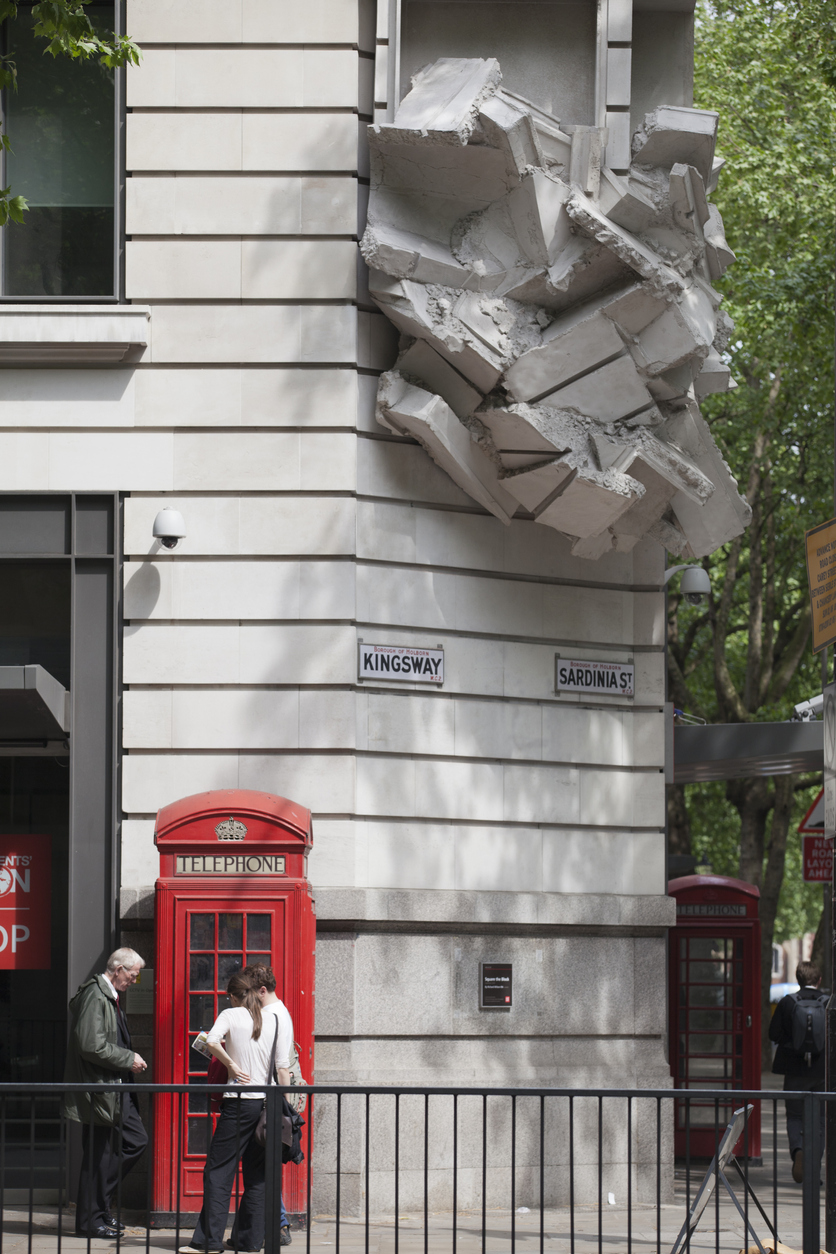On November 20, 2014, the Federal Emergency Management Agency (“FEMA”) issued Write Your Own (“WYO”) Bulletin W-14058 which addresses FEMA and the National Flood Insurance Program’s (“NFIP”) requirements to issue payment on flood claims.
The Bulletin, entitled, Clarification on: 1) Application of the Dwelling Form Loss Settlement Clause; 2) Use of Flood Insurance Claims Proceeds; and 3) FEMA’s Underwriting and Claims Operation Review Tool (U-CORT), seeks to “explain the application of the Loss Settlement Clause to the settlement of claims when there is direct physical loss by or from flood to the policyholder’s insured property,” and addresses the “application of the Replacement Cost Loss Settlement and Actual Cash Value Loss Settlement provisions,” of the Standard Flood Insurance Policy (“SFIP”).
With regard to Replacement Cost Loss Settlement, the bulletin cites standard policy language, but follows it up with additional clarification on what is needed for supplemental payments:
Questions related to the Replacement Cost Loss Settlement provision often relate to eligibility for additional payment after repairs and initial payment has been made based on an estimate of replacement cost, and a policyholder seeks additional payment based on the actual cost of repairs. The policyholder is eligible for payment based on actual costs, and the NFIP insurer will need documentation of the actual costs in order to make the additional payment. FEMA will require actual receipts, paid bills, paid invoices, cancelled checks and the like to support payment. If repairs have been completed, it is the policyholder’s responsibility to prove that the claim amounts paid plus the value of the deductible(s) and any applicable physical depreciation were spent to repair or replace covered flood damage. (emphasis added).
Essentially, this says those individuals eligible for Replacement Cost Loss Settlement, will be able obtain additional payment on flood claims where the actual cost for repairs exceeds what was paid. Policyholders can supposedly accomplish this by providing receipts, cancelled checks and invoices proving that the entire amount of funds previously paid were used for the repairs and additional funds were also spent.
Regarding the Actual Cash Value Loss Settlement things become a little more complicated:
[T]he Actual Cash Value Loss Settlement provision does not provide for a separate and distinct method to calculate the amount of the loss—it only provides a different approach to compensate for the loss. This principle appears to have caused confusion and requires clarification. If the damage has not been repaired, the amount of the loss is determined by the adjustment based on principles set forth in the Standard Flood Insurance Policy, other guidance, and on the supported and verifiable estimate prepared by the adjuster and, when available, receipts, and other data showing the estimated cost of repair to further support the adjuster’s estimate. If repairs have been completed, it is the policyholder’s responsibility to prove that the amounts paid on the claim plus the value of the deductible(s) and any applicable physical depreciation were spent to repair or replace covered flood damage. This only can be done by presenting receipts, paid bills, paid invoices, and canceled checks. The amount of loss cannot be determined on an estimate that is not fully supported by the proof discussed above. Any part of a claim or estimate not fully supported by documented proof cannot be presented for payment—statements without supporting documentation are insufficient to justify payment of NFIP funds. (emphasis added).
Taking each, unrepaired vs. repaired separately, while no one will have it easy, it appears that those individuals who don’t make the repairs will be in better shape than those that do. If the repairs have not been made, various documentation and evidence can be provided to make a supplemental claim. What is not clear is exactly what documentation will be considered sufficient. For example, when the bulletin says, “the supported and verifiable estimate prepared by the adjuster…” exactly what are they referring to? The independent adjuster or the public adjuster? More likely than not they are referring to the independent adjuster’s estimate. However, the language is sufficiently broad to allow for argument.
As for those individuals who have made repairs, in order to be paid on a supplemental claim you must provide detailed and specific documentation of the loss and how it was repaired along with exactly what was paid to repair it. An estimate to repair is now deemed insufficient to make supplemental payments on Actual Cash Value Loss Settlements where the repairs have been completed.
An additional issue is addressed by the bulletin concerning repairs being made before the request for supplemental payment is submitted. If seeking an additional payment, you must now prove that the funds previously paid, were spent on repairing ONLY covered damages:
Where repairs have been made before a request for additional payment is submitted, the NFIP Insurer must determine that funds previously provided were spent to make repairs and that the supplemental request does not duplicate the prior payment. Once payment is made to the policyholder, the NFIP has no control over the use of the funds. The policyholder may use the funds to repair the covered loss, repair losses that are not covered by the SFIP, or for any other use. Also, the deductible and any applicable depreciation are the responsibility of the policyholder and cannot be reimbursed as a part of any additional payment(s). Accordingly, a policyholder’s lack of funds to complete repairs does not per se show an underpayment. To be eligible for additional NFIP payment, the policyholder must document that funds previously paid were used to repair or replace covered damage and must show with specificity that additional funds to repair covered damage are required. The NFIP insurer should carefully review the evidence of actual loss, together with paid receipts, paid invoices, canceled checks, and other evidence of payment for repairs, to ensure that the insured is not seeking duplicate payments, payment for uncovered losses, or the values of applicable deprecation and the deductible(s) in a request for additional payment.
These changes are coming on the heels of some of the issues we are currently facing in the Federal Courts in New Jersey and New York litigating Superstorm Sandy flood claims. As I’m sure many of you are aware, after Sandy, people were desperate to get their homes and businesses back together. This desperation, along with insufficient supplies and overburdened contractors, led to many individuals doing work themselves, relying on the charity of others, paying cash and not saving every scrap of paper or receipt they were handed. I can only imagine that keeping a tidy filing cabinet was not the most pressing thing on these folks’ minds.
Now, because FEMA, the WYO Carriers, and the NFIP are feeling the heat of the pending litigation of thousands of flood claims, they change the rules to benefit themselves at the detriment of their policyholders. The Catch-22 of it all is there is also a duty to mitigate in the SFIP. So the insureds who follow the policy, make the repairs, and help to mitigate their damages will now be punished for doing so if they fail to document every dime of the funds used to make the repairs—whereas those individuals who have made no repairs need only provide an estimate.
Wouldn’t it be great if we all could change the rules mid-way through any game we were playing when we knew we were going to lose?
As always, here is a (mildly) related tune, Queen with “Play the Game”:




